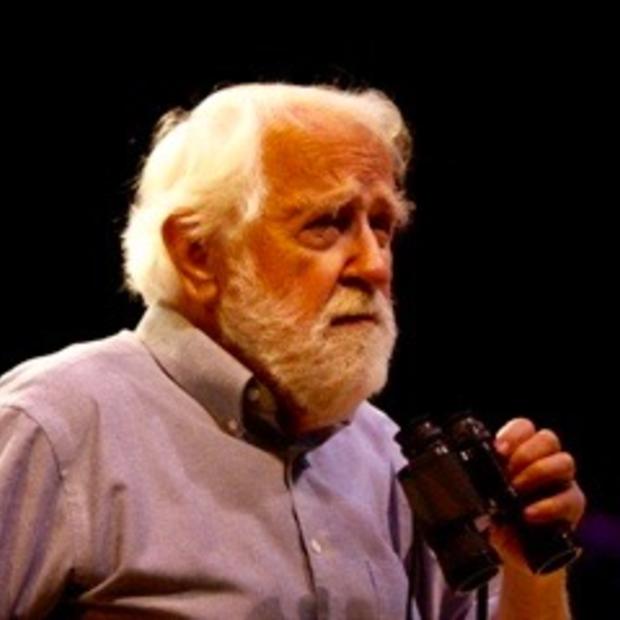Another political boulder has rolled onto the railroad tracks, in the path of a huge new coal-shipping terminal proposed for Cherry Point just north of Bellingham.
Seattle Mayor Mike McGinn joined Bellingham’s mayor in a letter directed at Gov. Chris Gregoire, urging more direct state participation in studying the impacts of shipping Wyoming and Montana coal through Washington for China. McGinn becomes the first outside Bellingham to join publicly in voicing concerns. A spokesman for the Seattle mayor confirmed to Crosscut that McGinn had signed the letter.
Bellingham Mayor Dan Pike circulated the letter earlier this month among two dozen other mayors along the Burlington Northern Santa Fe route. It predicts serious impacts on air and water quality and traffic delays throughout the state from a huge increase in coal train traffic the terminal would create.
As originally planned, Whatcom County would have been the lead agency to study local and state impacts, with the U.S. Army Corps of Engineers studying effects on federal jurisdictions, including coastal waters. But the mayors’ letter says, “We believe only the state is equipped to analyze fully and objectively the impacts of this project on our communities.”
SSA Marine, the would-be developer, says the terminal will be designed to ship 48 million metric tons of coal per year, at full capacity. That’s expected to require at least nine additional round trips per day for trains that will stretch about a mile and a half long. Local critics warn of coal dust and diesel pollution along the route from Spokane to the Columbia River to the proposed terminal, a dozen miles north of Bellingham.
“From the applicant’s own project description, from the comment letters of your state agencies …we know this facility has the potential to adversely affect local, regional and state interests,” Pike's letter says. It goes on to list potential impacts on local and state roads, economic investments at other ports and waterfront enterprises, along with air and water quality impacts due to coal dust from trains and increased diesel exhaust fumes “from the four engines expected for each coal train."
An early and critical decision that could decide the future of the terminal is known as the scoping process, in which the agencies decide how broadly they need to study the indirect impacts of the project. A broad scope might include all the effects of increased coal train traffic, and even the global result of burning coal for power production in Asia, with the resulting windborne pollutants crossing the Pacific to the U.S. West Coast.
SSA Marine has argued that the impact study should be confined to the site of the terminal itself: "ust those things we can do something about,” in the words of Bob Watters, SSA vice president.
In addition to Seattle, Pike’s letter asks the mayors of a host of cities. (To read the letter click here, then click on “Mayor’s Request to Governor.”)
Pike says a half-dozen mayors signed in the first few days, but he declined to say who they are until, like McGinn, they make their positions public.

